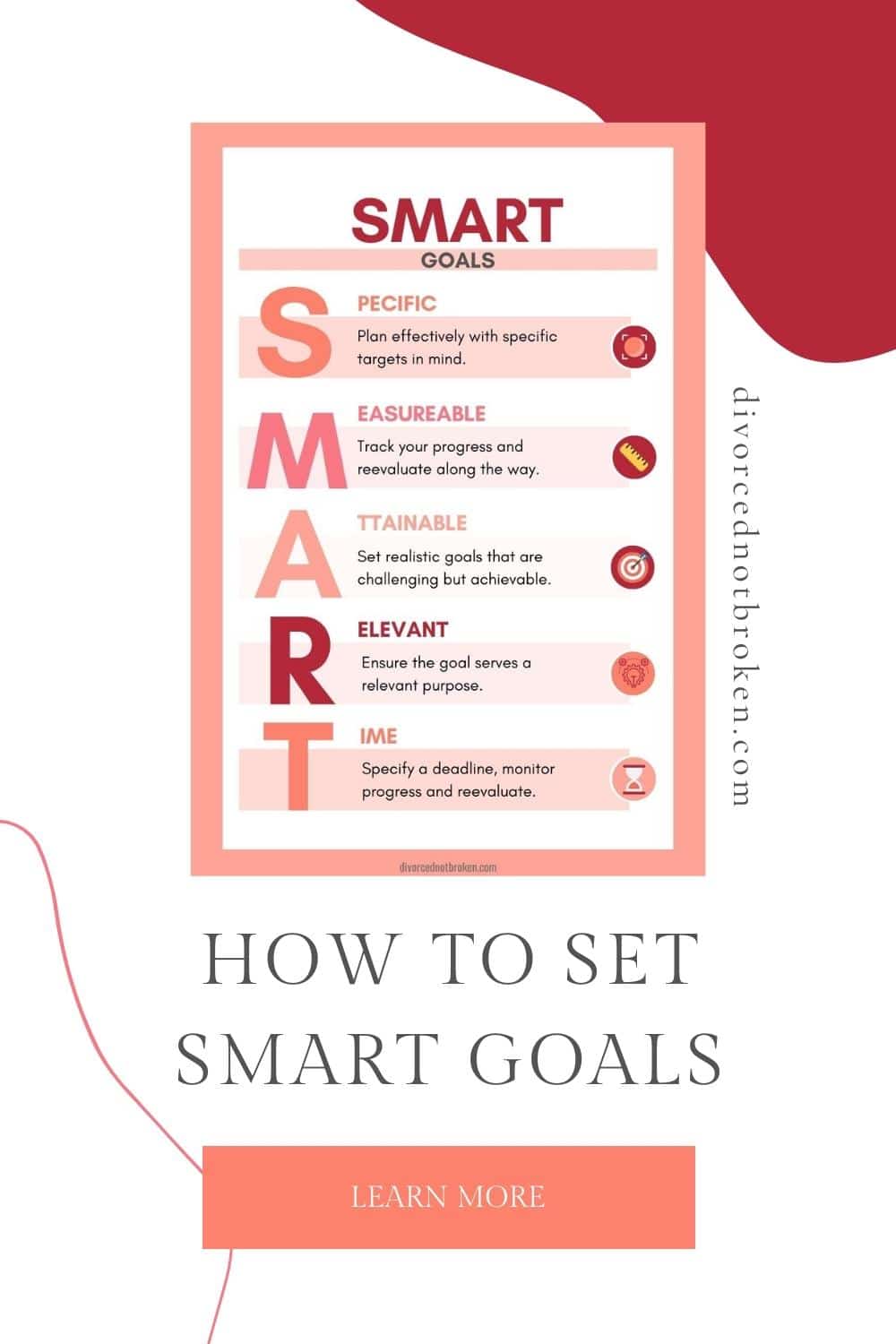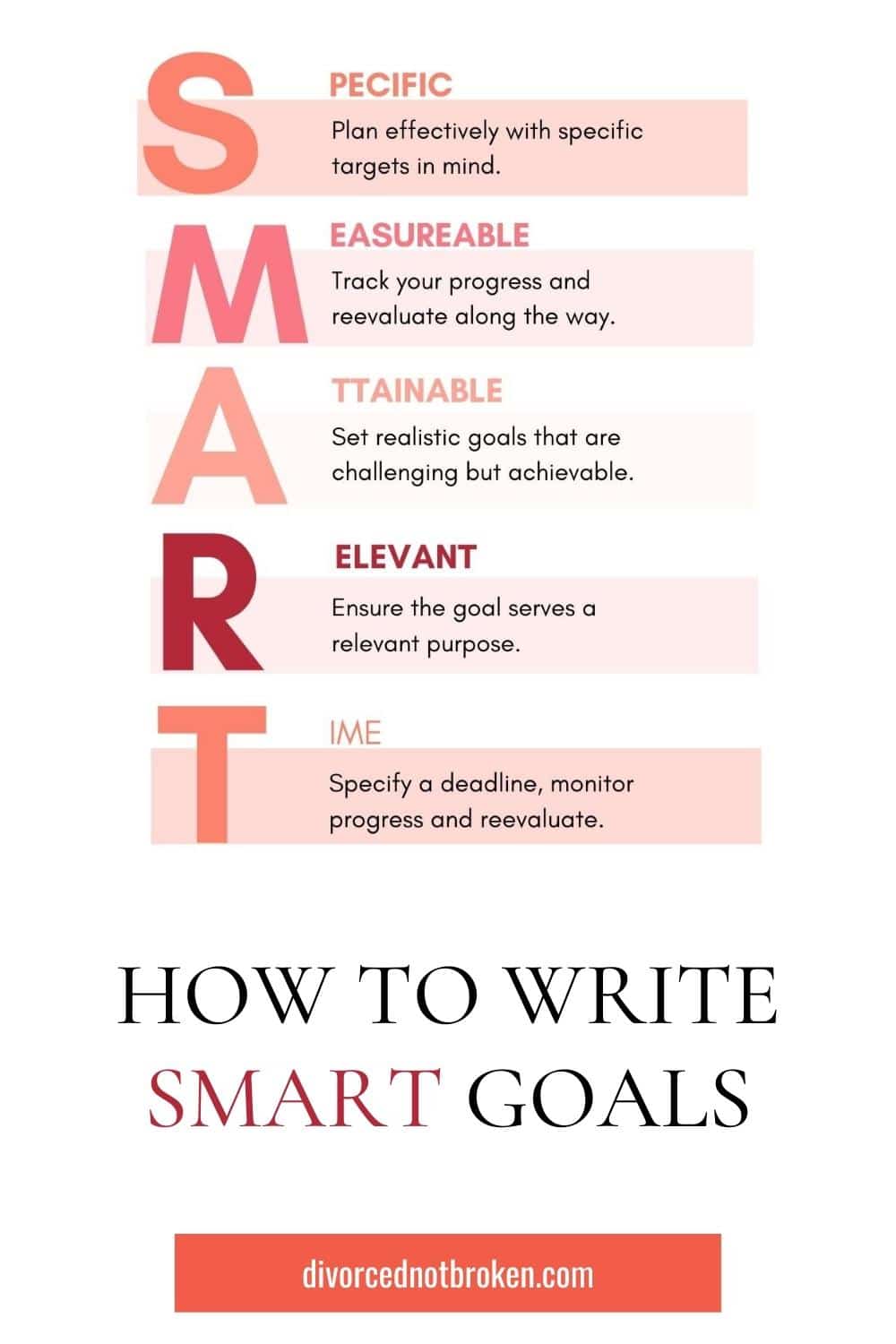How to Write SMART Goals
Successful people make a habit of setting goals for themselves. They know how important it is to write specific, measurable goals and work towards them in a timely manner. By setting SMART goals, you are able to stay on track and guarantee that you are not wasting time of things that will not benefit you.

What is a SMART goal?
SMART is an acronym that stands for specific, measurable, attainable, relevant, and time-bound. One of the best ways to guarantee goal-setting success is to ensure that each of your goals fits this formula, making you more likely to achieve them.
Tips for setting and achieving smart goals
- Setting short term, medium term, and long term goals for yourself is a key to success in your life. If there are things that you want to achieve or ways that you want to grow, setting goals as stepping stones is an important part of getting there.
- Write down your goals to help make them feel real. You are less likely to change your mind if it’s written down gives you a visual reminder of what you are working towards.
- Start with just one goal. Do not overwhelm yourself by trying to change too many things all at one time, this will lead to failure. You don’t want to end up paralyzed and unable to accomplish anything.
- What is your biggest goal? How can it be broken down into manageable smaller goals?
“If you don’t know where you are going, you might wind up someplace else.”- Yogi Berra
Strategy to set SMART goals
This is not a post about “weight loss”, it just happens to be the most relatable way to describe goals. 😉
Make sure goals are specific
This means that your goal should be numbers based, or have a very specific goal in mind. You must be able to identify exactly what it is that you want to achieve. For example, if you want to lose weight, make sure your goal is to reduce calorie intake by 500 per day, or walk on the treadmill for an hour every day.
Vague goals like “weight loss” or “improve my health” are too wishy washy, they are not as easy to achieve.
Make sure each goal is measurable
This is another reason why smart goals are numbers based. To know whether or not you achieved a goal, you must be able to measure your progress. Goals that you can track and measure, that have a clear end or point of achievement.
For example, if your goal is to lose weight, measure your body weight on a regular basis and track your progress in a journal. When you can clearly track your progress, or lack of progress, it helps you determine whether or not you are moving in the right direction so you can make adjustments as needed.
Check out What is a Vision Board?
Learn how to create a collage of images, pictures, words, and affirmations of one’s dreams and desires, designed to serve as a source of inspiration and motivation.
Make sure goals are attainable
Be realistic about what can be achieved in a given timeframe. Wanting to “lose 100 pounds in 90 days” is not attainable and you set yourself up for failure. You need to be capable of achieving your goals both mentally and physically otherwise they are just dreams.
Set short-term and long-term goals separately and make sure the short-term goals are achievable within a given time frame, like one month. Once you achieve your short-term goal it makes it much easier to continue on to the long-term goals.
Long-term goals are something that can be achieved over an extended period of time, like one to five years. Keep building on your short-term goals to achieve your larger, long-term goals
Goals need to be relevant
Goals should be relevant to your individual situation and interests. They should be something that you would want to truly want to achieve yourself, not just something that others might suggest to you.
What goals do you need to set that will have the most impact on your future? Visualize what your life will look like after your divorce. Commit to making it a reality.
Make sure goals are time-bound
This will help make the goal more achievable and provide you with something to work for with a sense of urgency, and to complete it in the given timeframe. Wanting to “lose 30 pounds” without a specific date in mind lacks motivation. Wanting to “lose 30 pounds by June 1st” has a realistic end date to help keep you motivated to achieve your goal.
Having a completion date helps to break it down further to determine exactly which milestones need to be met along the way.
Download our FREE SMART Goals Worksheet
Final Thoughts
Setting SMART goals is the best way to guarantee success and achieving what you want in life. Goals that are too vague or too broad will not be as effective. By setting goals that are specific, measurable, attainable, relevant, and time-bound, you can and will achieve the success you deserve!
What goal will you set first?







